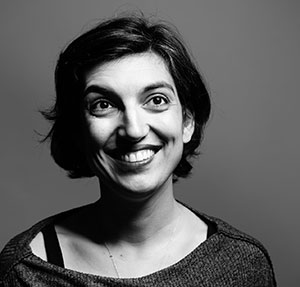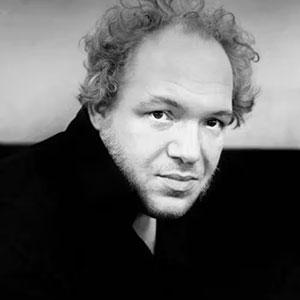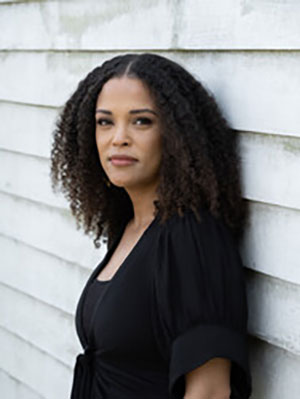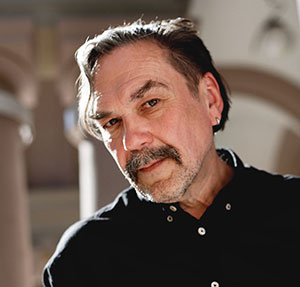 |
Yuri Andrukhovych (b. 1960) is a Ukrainian novelist, poet, and essayist. In the mid-1980s he co-founded the poetical group Bu-Ba-Bu (Burlesque-Blaster-Buffoonery), which rebelled against socialist realism and instead promoted a new poetic ethos of aesthetic freedom and the ludic. Widely regarded as one of the most important figures in contemporary Ukrainian literature, he is the recipient of the 2014 Hannah Arendt Prize and the 2016 Goethe Medal. He is the author of two poetry collections in English translation, Songs for a Dead Rooster and Set Change. Nominated by Polina Barskova / Representative text: Set Change |
|
|
Elif Batuman’s (b. 1977) first novel, The Idiot, was a finalist for the Pulitzer Prize and for the Women’s Prize. The sequel, Either/Or, was published in 2022. Her first book, The Possessed, is a collection of interconnected essays about the pursuit of Russian and other literature. She has a PhD in comparative literature and has been a staff writer at the New Yorker since 2010. Nominated by Maya Arad / Representative text: The Possessed |
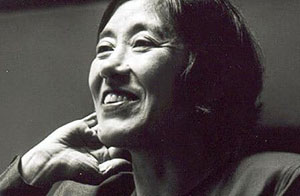 |
Mei-mei Berssenbrugge (b. 1947) was born in Beijing and grew up in the US. Berssenbrugge is the author of fourteen books of poetry, most recently A Treatise on Stars, which was a finalist for the Pulitzer Prize. Her other works include The Heat Bird, winner of the American Book Award; Empathy, winner of the PEN West Award; and Four Year Old Girl, winner of the Western States Book Award. Berssenbrugge has received two fellowships from the National Endowment for the Arts, two American Book Awards, and honors from the Western States Art Foundation and the Asian American Writers Workshop. Nominated by Victoria Chang / Representative text: A Treatise on Stars |
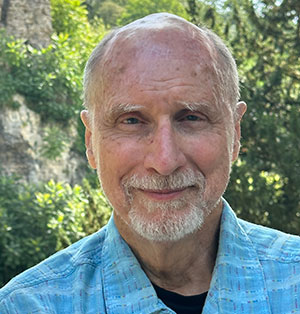 |
Robert Olen Butler (b. 1945) is the Pulitzer Prize–winning author of A Good Scent from a Strange Mountain. In 2013 he was awarded an F. Scott Fitzgerald Award for Outstanding Achievement in American Literature. He has twice won a National Magazine Award in fiction, and the Richard and Hinda Rosenthal Foundation Award from the American Academy of Arts and Letters. He has received both a Guggenheim Fellowship in fiction and a National Endowment for the Arts grant. His fiction has appeared widely in venues such as the New Yorker, Granta, Paris Review, The Atlantic, Esquire, GQ, and elsewhere. His latest book is Twice around a Marriage. Nominated by Iheoma Nwachukwu / Representative text: Had a Good Time |
|
|
Safia Elhillo (b. 1990) is Sudanese by way of Washington, DC. She is the author of The January Children, winner of the Sillerman First Book Prize for African Poets and an Arab American Book Award; Girls That Never Die; and the novel in verse Home Is Not a Country, longlisted for the National Book Award and winner of a California Book Award and an Author Honor from the Coretta Scott King Book Awards. She has received support as a Ruth Lilly and Dorothy Sargent Rosenberg Poetry Fellow, a Wallace Stegner Fellow, and a Cave Canem Fellow. She won the 2015 Brunel International African Poetry Prize and was listed in Forbes Africa’s 2018 30 Under 30. Her work has been translated into several languages and commissioned by Under Armour, Ilia, Cuyana, and the Bavarian State Ballet. Nominated by Threa Almontaser / Representative text: The January Children |
|
|
Mathias Énard (b. 1972) is the author of Compass (winner of the Prix Goncourt, the Leipzig Prize, and the Premio von Rezzori, and shortlisted for the 2017 Man Booker International Prize), Zone, and Street of Thieves. He is also a translator from Persian and Arabic. Nominated by Beena Kamlani / Representative text: Tell Them of Battles, Kings, and Elephants |
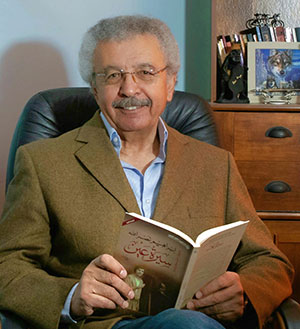 |
Ibrahim Nasrallah (b. 1954), winner of the Arabic Booker Prize (2018), was born in Amman, Jordan, in 1954 to Palestinian parents uprooted in 1948. Raised in the Al-Wehdat refugee camp, he was educated in UNRWA schools and graduated from its Teacher Training College in Amman. A prolific poet, novelist, painter, and photographer, Nasrallah has published over forty works, including novels that form part of his celebrated Palestinian Comedy series. His writing, deeply rooted in themes of exile, identity, and resistance, has been translated into multiple languages, earning him international acclaim as one of the most important voices in contemporary Arab literature. Nominated by Shereen Malherbe / Representative text: Time of White Horses |
|
|
Yoko Tawada was born in Tokyo in 1960, moved to Hamburg when she was twenty-two, and then to Berlin in 2006. She writes in both Japanese and German and has published several books—stories, novels, poems, plays, essays—in both languages. She has received numerous awards, including the Akutagawa Prize, the Adelbert von Chamisso Prize, the Tanizaki Prize, the Kleist Prize, the Goethe Medal, and the National Book Award. Her books available in English include the story collections Where Europe Begins and Facing the Bridge and the novels The Naked Eye, The Bridegroom Was a Dog, Memoirs of a Polar Bear, The Emissary, Scattered All over the Earth, Paul Celan and the Trans-Tibetan Angel, Suggested in the Stars, and, forthcoming in autumn 2025, Archipelago of the Sun, the final novel in her Scattered trilogy. Nominated by Elisabeth Jaquette / Representative text: The Emissary |
|
|
Jesmyn Ward (b. 1977) received her MFA from the University of Michigan and has received the MacArthur Genius Grant, a Stegner Fellowship, a John and Renee Grisham Writers Residency, the Strauss Living Prize, and the 2022 Library of Congress Prize for American Fiction. She is the historic winner—first woman and first Black American—of two National Book Awards in fiction for Sing, Unburied, Sing (2017) and Salvage the Bones (2011). She is also the author of the novel Where the Line Bleeds and the memoir Men We Reaped, which was a finalist for the National Book Critics Circle Award and won the Chicago Tribune Heartland Prize and the Media for a Just Society Award. Nominated by Alejandro Puyana / Representative text: Sing, Unburied, Sing |
Footer
For additional information and/or accommodations on the basis of disability, call World Literature Today at (405) 325-4531.

